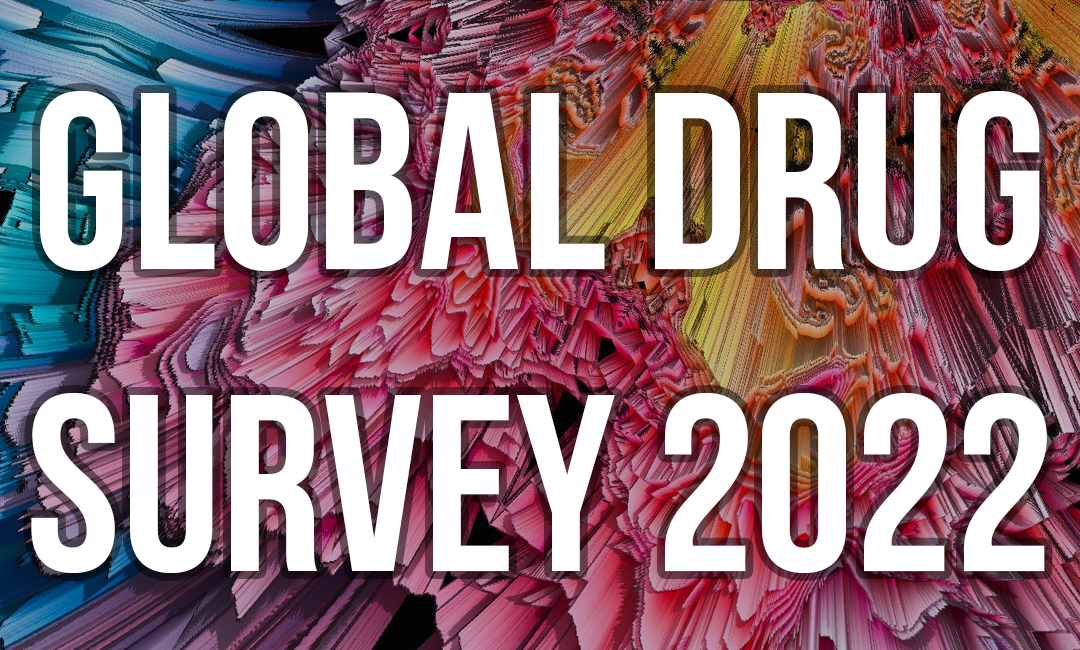The world’s largest drug survey wants to know how you get high and why. You can fill out the Global Drug Survey now online—all answers are anonymous and encrypted. Our responses will help researchers understand more about how we use drugs—like why people (notably in Europe) roll cannabis and tobacco together, how psychedelics and sex intersect, and how drug policies impact personal decisions.
The Global Drug Survey (GDS) is now 10 years old. The results of 2021’s edition will start coming out soon. Since the first survey, over 900,000 people have participated, and GDS seeks to cross the 1 million threshold this time around. The survey is available in 10 languages, and last year it reached people in 25 countries.
GDS is now collecting responses for its 2022 survey, until February. For 2022, the GDS is adding new questions and areas of focus in order to understand changing trends in global drug use. These include the following, among others (not verbatim):
What would it take to get you to stop skinning up your joints with tobacco?
No- and low-alcohol beverages: are they worth a shot?
If you enjoy psychedelics and sex together, how do they affect your experience? Can psychedelics help you build intimacy with your partner?
Have you ever had your drink “spiked” at a social event? What do you remember happening and how did it impact your health?
What was the impact of drug laws in your country on your decision to use, not use or stop using drugs?
Professor Adam Winstock, founder of GDS, explained some of what’s new about the latest survey.
“While we have [previously] touched on the impact of drug policy on people, we’ve never explicitly asked about how [policy] impacted on decisions to use or not use, nor peoples’ opinions on how different policies would affect use crime and the economy,” he told Filter. “Asking people who use and don’t use drugs is a missing part of the puzzle.”
“GDS flags benefits and risks, and fills the gaps in policy and education to help people stay safe.”
What sets GDS apart from other drug surveys—like the annual National Survey on Drug Use and Health in the United States—is that it doesn’t measure prevalence of use, rather notable trends in how people use. In a world approaching 8 billion people, we’re a long ways off from having the resources to collect a truly representative survey. GDS won’t tell you, for example, what percentage of all people in the world smoke crack.
But GDS doesn’t just collect data, it also uses its findings to try to keep people safer. It has developed free tools for people who use drugs, like the Drinks Meter and Drugs Meter. These help people to make safer decisions, and to see how their use compares to others’. The current survey’s data will accordingly help to inform future campaigns on educating cannabis users about alternatives to tobacco, for example, or preventing drink “spiking” in bars and clubs.
“There’s no other survey out there that respects why people use and understands the value of their health and well being,” Winstock said. “As markets and drugs change, GDS flags benefits and risks, and [fills] the gaps in policy and education to help people stay safe.”
Image courtesy of Global Drug Survey. You can respond to the survey here.




